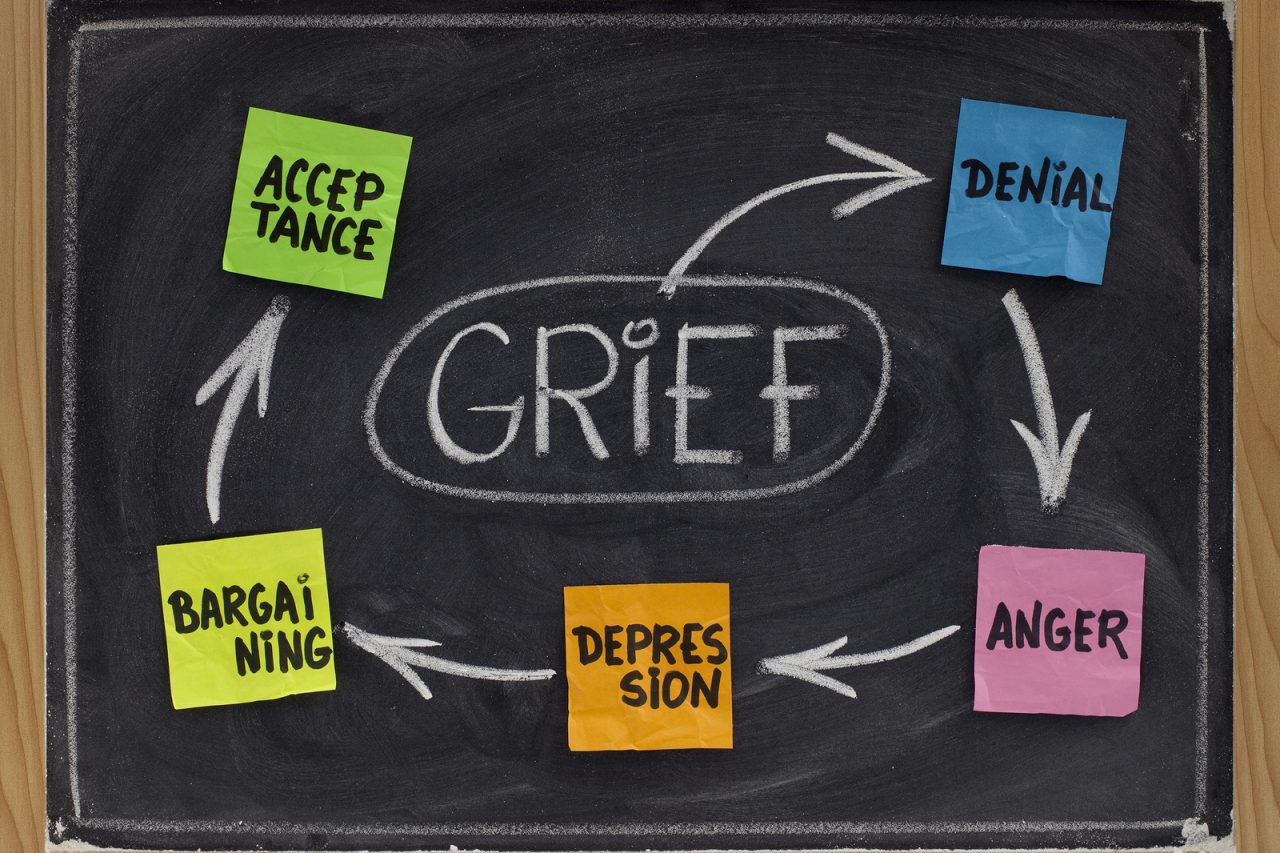Yelling at the oncology nurses’ station disrupts focus, quality and healing. Nonetheless, given the highly emotional world of cancer, raised voices are a daily event. Shouting and emotive anger made me turn from the chart and my medical musings and I was not thrilled to find that the person causing the disruption was Gill, the Medical Proxy of one of my patients.
The issue leading to the disturbance was that one of the specialists had talked to the patient about the possibility of going on hospice. Gill, her Proxy and friend of many years, strongly disagreed that an end-of-life conversation was appropriate, and was upset this discussion had happened in his absence.
Gill believed there were multiple reasonable alternatives and he was angry that the patient was now considering stopping treatment. Thus, Gill was lambasting the nurse and demanding that a note be placed on the front of the chart to instruct all doctors that, in the future, communication was to be directed through him as Proxy. My first thought on learning about what had caused the brief chaos, was that there was confusion regarding the role and function of Proxy.
The Healthcare or Medical Proxy, also known as Medical Power of Attorney (POA), should be a vital part of everyone’s medical team. The individual is appointed in writing, hopefully when a person feels well (maybe before they become a “patient”), often along with an Advanced Directive (A.D.) or Living Will. The Proxy should be someone you trust to make critical medical decisions. This can be a family member (i.e. spouse), adult child, parent, attorney or a friend. If you do not assign someone as Proxy, then most states will appoint the nearest relative, which is not always someone you would trust to make the best decisions.
However, the events at the nursing station remind us that there are several rules and restrictions to the Proxy’s role, and it is vital to understand these concepts to avoid confusion. The first is that the Proxy must speak in the patient’s voice. This means that the POA must ignore, as much as humanly possible, their personal beliefs and goals, and instead consider “what the patient would say or do.” If there is a major philosophical or religious conflict between patient and Proxy this can lead to poor, undesired or futile care, so if the person considering assuming a Proxy role can not comply with this rule, they should decline the responsibility. This is why it is important that the patient chooses his or her Proxy carefully, and communicates their desires.
Understanding this first concept, that the Proxy is the mouthpiece for the patient’s thoughts and ideas, and not their own, brings us immediately to the second core principle: A Proxy has no power, no voice and no control at all, if the patient is still alert, oriented, able and willing to speak for themselves. The Proxy may still be a close friend and advisor, but they have no legal standing if the patient is competent and wishes to make his or her own decisions. A POA cannot even discuss the case with doctors without the patient’s permission
The idea is that as long as a person is conscious and competent they have the right to make all medical decisions, either accepting or refusing medical care.* If a patient loses consciousness then the Proxy speaks as the patient, which means that the patient does not lose the right to direct their own care even if they are in a coma.
Which gets us back to the tumult at the nurses’ station. Gill meant well, he was trying to protect and help his friend, but he was confused regarding the Proxy’s role. First, the patient was still alert, interactive and involved, so as Proxy, Gill was powerless. Second, even if the patient had been unconscious, it is likely that Gill was putting his own spin on the medical decisions regarding end-of-life care. He needed to step back and consider what his friend would say. When I realized there was a gap between how the patient saw the medical plan and the Proxy’s opinion, I scheduled a meeting with the three of us to work out the issues.
A Healthcare Proxy is a powerful idea. In addition to the protections of an Advance Directive, Living Will and POLST, which give specific, but limited, instructions, the Proxy guarantees that whatever happens each patient will have care directed as they would wish. In the chaotic world of medicine, it is vital to have an empowered advocate, and wonderful to know you will always be protected and your voice will be heard.
*Patients cannot legally demand care; only a doctor can offer or order care, it is a patient’s role to consent or reject it.







11 Comments